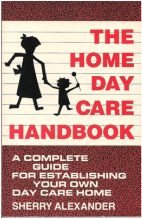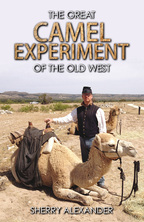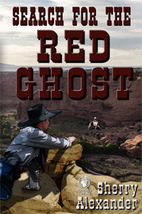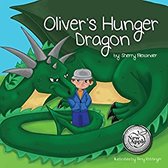 Photo by Todd Diemer on Unsplash
Photo by Todd Diemer on Unsplash American comedian, Steven Wright, once joked, "I'm writing a book. I've got the page numbers done." I have to admit, I have been there--and more often than I care to admit. Ideas are not the issue. Like most writers I have notebooks filled with article, short story, and book ideas. It could even be said that ideas are a 'dime a dozen'. Instead it's the development of an idea into a full-fledged story that matters. And to that end, I prefer Ray Bradbury who said, "You must stay drunk on writing so reality cannot destroy you."
Mr. Bradbury, in essence, was saying that writing had to be a passion. It had to excite you, and the idea you want to develop into a book had to be an intoxicant--one that would keep you emotionally and mentally under it's influence until it was complete.
No, writing is not always what it appears to be, but if you are in a fog about whether or not it is right for you here are four things I asked myself before taking this journey.
- Do I have enough curiosity? Curiosity is the drive that moves research for a story's plot, setting and characters.
- Am I willing to learn? Writing and learning go hand in hand as far as I am concerned. Writing involves more than just sitting down and penning a story you've told a hundred times. It is a craft, and all craftsmen or craftswomen must learn techniques that will grab a reader and keep them until the end of the story. Remember, quite often a great verbal story teller is not a great writer.
- Is it something I enjoy? I've always felt that joy was an important aspect of life--emotionally and spiritually. It's something that lightens the heart and spirit. It's a happiness that is deep seated and well earned. Joy is what will keep you writing when the fog sets in your brain.
- Why do I want to write? If it's for money, be prepared to work long and hard to not only write, but market your books. Yes, there are first-time writers who strike it rich, but the majority of us just plug away for years to build a following, find an agent, and get published. Personally since I write for children and teens, I write for the one smile, one email, or one note that says, "I really liked your book."


 RSS Feed
RSS Feed



